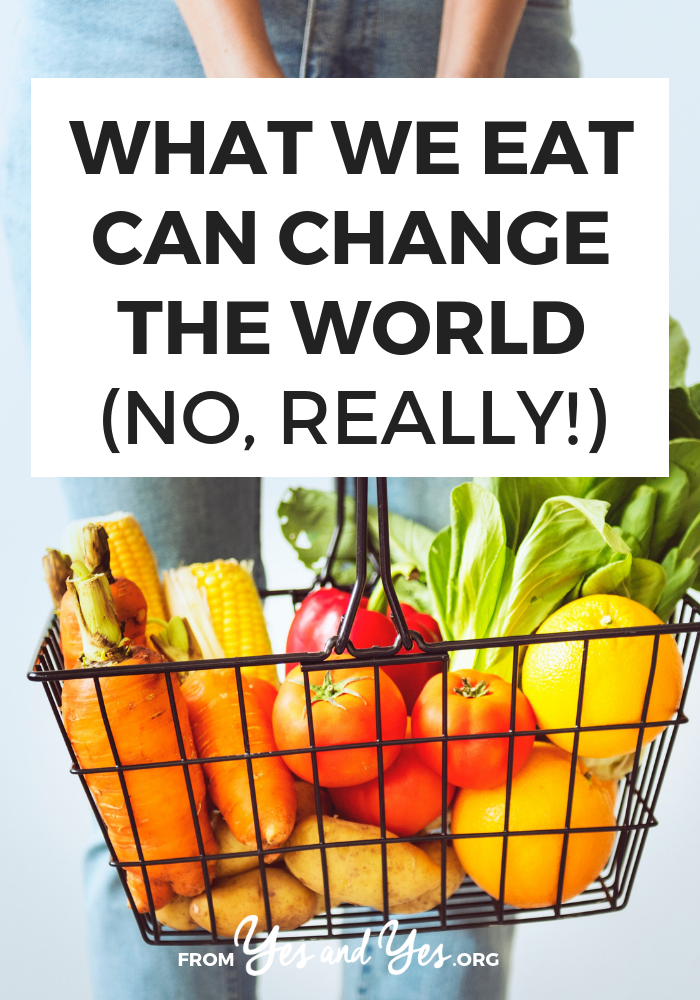
When I was 12 years old, I dramatically gagged a piece of Summer sausage back onto my dinner plate and announced to my family that from now on, I was a vegetarian.
Such were the beginnings of my (mostly) meat-free life.
I would like very much to tell you that I am an ethical vegetarian, that I love baby chickens and cows so much that I can’t imagine eating them. And while I do love fluffy chicks and big-eyed calves, I mostly don’t eat meat because I don’t like it.
I also don’t eat green peppers, hard boiled eggs, Snickers bars, or nori – not for any ethical reason but because I simply don’t like them.
But since I’m marries to the Senior Climatologist for the state of Minnesota (#coolerbyassociation) I’ve been privy to all sorts of enlightening data about how our dietary choices affect climate change.
Quitting meat can reduce your carbon footprint significantly more than quitting driving. Share on XAgain, I can’t really take much credit for my own reduced carbon footprint; I’m lucky that my personal affection for peas and cherries translates to good environmental karma. But imagine what a difference it would make if we all ate even one less serving of meat each week. Just one steak requires 4,500 litres of water!
If you’re a devoted meat eater, no shame – I eat bacon and Arby’s chicken strips once or twice a year! If you’re interested in transitioning to a less meat-centric diet, I’ve rounded up some of my absolute favorite meat-free recipes for you. I’ve served these to many a meat-eater and they’ve always been met with raves reviews!
Links to recipes embedded in images, click through.
Have you changed your eating/transportation/consumption habits to be more environmentally friendly? If you have, I’d love to hear what you’re doing in the comments!
P.S. Here’s a lot more great info and more statistics about meat, water, and climate change.
P.P.S. How to go vegetarian without annoying + alienating everybody

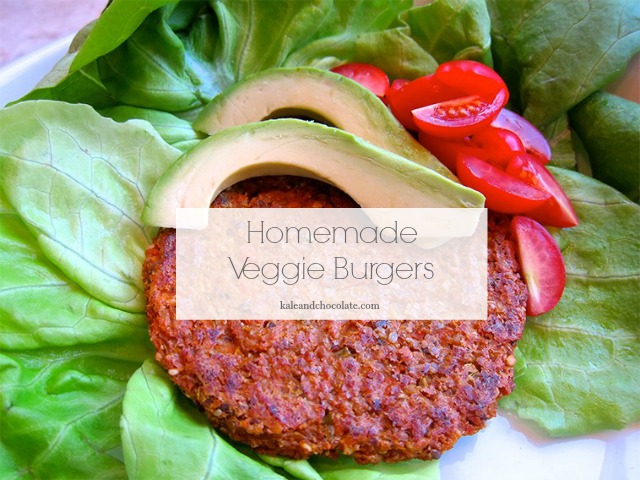
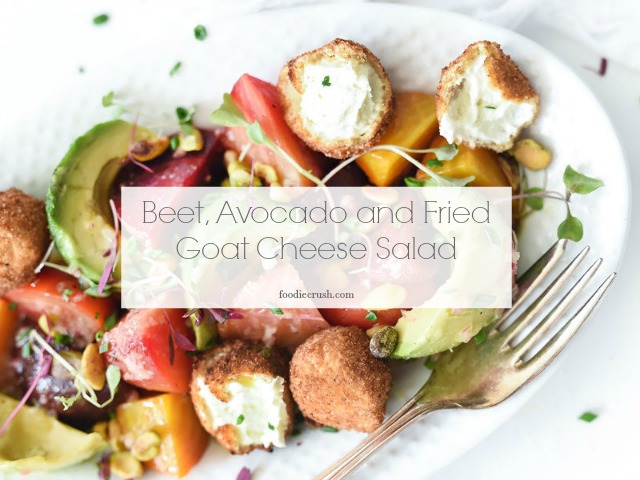

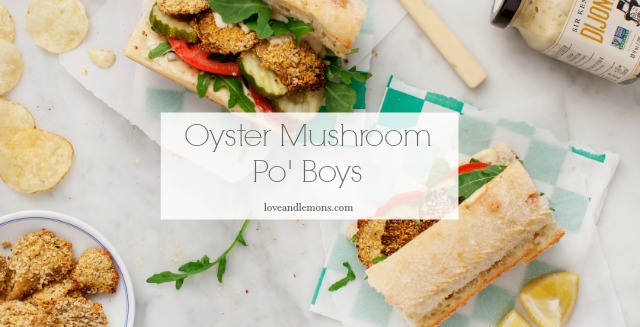

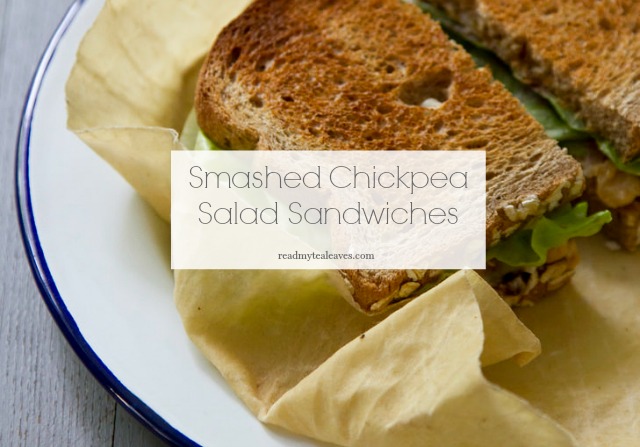

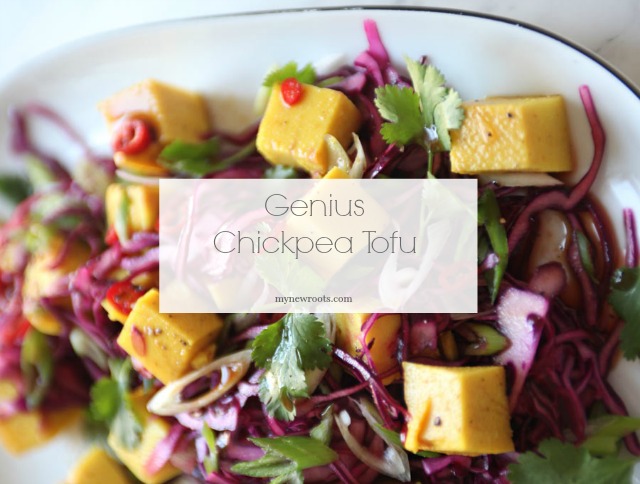











Great post! I’m jealous of those not naturally drawn to meat. I enjoy meat for celebrations only – helps limot meat consumption without feeling excluded
That’s a great way to do it, Hope! I have a friend who calls himself an ‘opportunarian’ – when he has the opportunity to cook meat that someone else cooks for him, he will. But otherwise, he’s all veggie!
YUMMO! Great links, thank you! My beau is a fan of meat-centric meals, but over the past year or so we’ve been really good about making meat an ingredient in the dish instead of the star. California’s water issues are everyone’s issues, so I’m fully of the mindset that we should all be more conscious of our water usage. Timely article!
Yes! I love the idea of making meat an ingredient, a flavoring agent, or even a garnish – so many other cultures approach meat that way!
Those recipes look delicious! I was a vegetarian for about four years, and it was right when I was starting to cook for myself. I do eat meat now, but my default is to make meat-less meals. It’s so much easier, less expensive, and, I think, more delicious.
Yes! Once you get in the habit of not eating meat it’s not hard at all!
I got into having meatless days mostly for health reasons. When I met my now-husband, he was much more of a carnivore than I am, so I’d make us hearty vegetarian dinners (like a chickpea curry or black bean chili) a couple nights a week. That eggplant parm looks like a good candidate too! don’t think I’ll give meat up entirely, but it’s nice to think that our veggie meals are also environmentally responsible.
I’ve also had a lot of luck with mock duck and meat eaters! Or the Fantastic brand vegetarian chili!
As a former vegetarian, I agree with so many of the points you made. It took me raising my own cattle before I could eat meat again. This isn’t an option for everyone obviously.
However, I believe you can still eat meat responsibly. Small farms run by local farmers work tirelessly to raise their livestock sustainably and humanely. They are not the mega-feedlot operations that so many of the statistics are based upon. Talk to the farmers at your local farmers market, they should be happy to answer any questions you have about the way the animals are raised and butchered. (As a bonus, this kind of meat has so much more flavor than what you will get at the store.) LocalHarvest is a good source if you want to find nearby farms or markets.
I totally agree, Mollie! And I know several people who really do need meat in their diet to be healthy.
Totally agree with all of your points and great recipes! As a long time vegetarian it’s always great to find new recipes! I just posted an article on busting some myths about vegetarianism for new vegetarians or those thinking about switching to a vegetarian diet that might come in handy too 🙂 http://www.huffingtonpost.co.uk/wendy-graham/vegetarians-eat-chicken-myths-busted_b_7737830.html
Love it – thanks for sharing!
I was vegetarian on and off for about five years. Unfortunately, I wasn’t able to be completely healthy on a vegetarian diet, due to some of my other food restrictions (allergies). Now I eat meat once per week or so, and subscribe to a CSA and buy all of my food through local farmers, so I feel pretty good about my dietary choices. I’m just thrilled to see you touching on an environmental issue such as climate change on your blog. I’m an environmental biologist and it is so rare to see these kinds of important issues reflected in the lifestyle magazines and blogs I read. Thank you!!!
Thanks so much for noticing, K! I think it’s important to use the platforms we have to talk about things that are important 🙂
I’ve been eating less meat for health and environment- but also because it’s often cheaper!! Paying 70 cents for a can of chickpeas to put in a curry or pasta is way better than $6+ for chicken or beef!